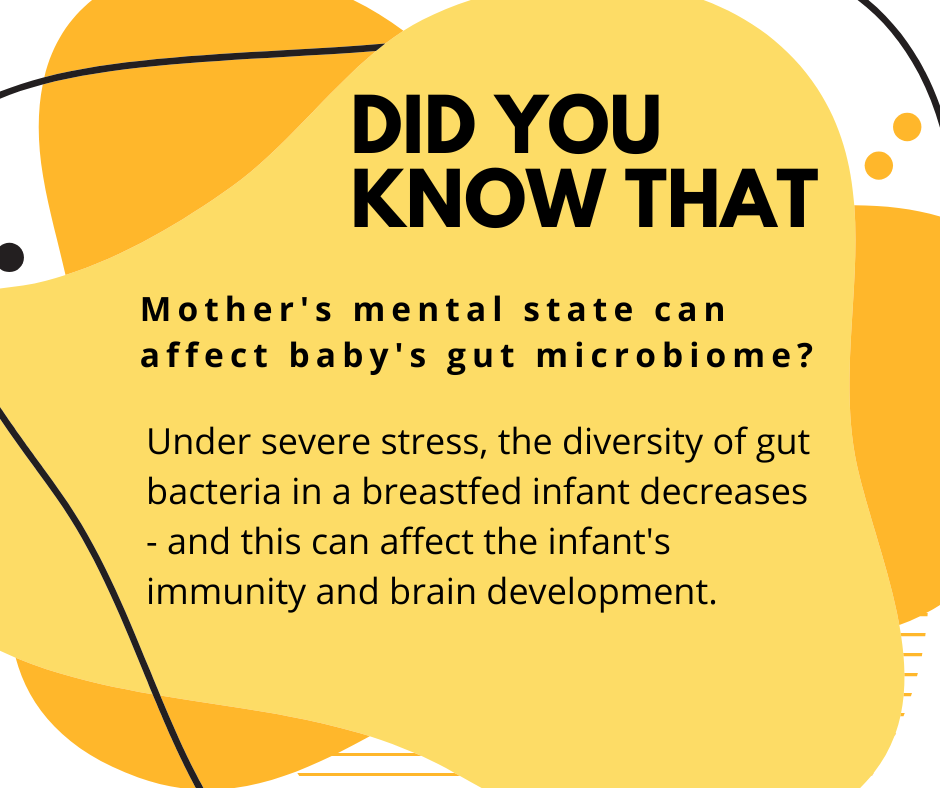Can breast milk “remember” emotions? A recent review of the research From Mind to Milk: The Influence of Psychological Factors on the Composition of Human Breast Milk, prepared by students and researchers from the Wroclaw University of Medical Sciences, shows how a woman’s mental health can affect the composition of her breastmilk. Changes in the composition of milk – from hormones to the microbiome – can have a real impact on a baby’s development, immunity, and even personality.
The team analyzed nearly 40 scientific publications, focusing on factors such as stress, postpartum depression, and anxiety, and their effects on the composition of breast milk. The results are clear: a mother’s mental stresses not only affect her well-being but also the quality of the food she provides to her baby.
„The way the current state of knowledge was presented was to illustrate that breast milk is more than a source of nutrients and bioactive substances necessary for the proper development of newborns and infants”, the authors of the publication comment.
Milk full of signals
Under conditions of severe stress, mothers were found to have elevated levels of cortisol (a stress hormone), decreased levels of prolactin (essential for milk production and nervous system development), and decreased levels of beneficial polyunsaturated fatty acids such as DHA, among other things. Changes in the levels of antibodies and hormones that affect diurnal rhythms, such as melatonin, are of equal interest.
„It was interesting to note how dynamic the change in the nutritional value of milk is under the influence of the factors studied”, the authors point out. An example is the increase in the caloric value of milk in mothers reporting high levels of stress in the first week of a baby’s life.

Baby’s microbiome and mother’s stress
One of the most intriguing findings is the effect of the mother’s mental state on the baby’s gut microbiome. Under chronic stress conditions, a lower diversity of gut bacteria has been observed in breastfed infants – which may translate into their immunity, metabolism, and neurological development. Possible epigenetic changes in the baby’s body caused by microbiota metabolites are also indicated.
What does this mean for practice?
The authors of the review emphasize the importance of educating medical personnel and those around the woman during the postpartum period. Knowing that a mother’s mental condition affects her milk can become a starting point for better psychological care and greater support for women during this challenging time.
This material is based on an article:
From Mind to Milk: The Influence of Psychological Factors on the Composition of Human Breast Milk.
Nutrients
Authors: Krystian Skowron, Igor Lichocki, Filip Godziszewski, Magdalena Orczyk-Pawiłowicz
Doi: https://doi.org/10.3390/nu17061093
________________________________________________________________________________